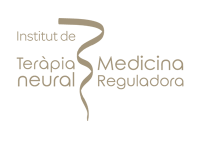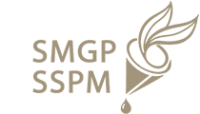13 Minutes
The concept of Cognitive performance is becoming more and more popular among people who have an interest in mental health care. Achieving appropriate cognitive health, either by averting age-related cognitive deficits or by recovering from a disorder that caused cognitive degradation, is typically the goal to increase the quality of life. Even the most demanding individuals sometimes strive for excellence in their profession or academic performance.
A wide range of people, including elite athletes, businesspeople, and members of the military services, can gain from training to reach high cognitive performance (also known as “peak performance”).
Cognitive skills are brain-based capabilities required to complete any task, no matter how basic or difficult. Instead of having anything to do with actual information, it has more to do with the processes by which we remember, learn, solve problems, and pay attention. For instance, picking up the phone requires motor skills (raising the receiver), language abilities (saying and understanding language), decision-making (answering or not), perception (hearing the ring tone), and interpersonal skills (judging tone of voice and communicating properly with another human being).
Specific neural networks underpin cognitive abilities or skills. For example, the temporal lobes and frontal lobes are primarily responsible for memory functions (behind the forehead). Due to damaged neural areas and networks, traumatic brain injury patients may have diminished cognitive function (that is why neurorehabilitation is essential).
FAQs
A UNIQUE METHOD
successful and proven integrative holistic conceptPerformance TREATMENT LASTING APPROACH
0 Before
Send Request
0 Before
Define Treatment Goals
1 week
Assessments
1-4 week
Integrative Holistic Therapies
5-12 week
Aftercare
12+ week
Refresher Visit
Performance Insights
latest news & research on PerformancePerformance Medicine
erformance Medicine is a branch of diagnostic and clinical medicine concerned with the enhancement of emotional, mental, and physical health and performance.
read moreAthlete's Foot Healing Stages
An athlete's foot is a commonly occurring infection (caused by a fungus). Foot fungus is a kind of ringworm. Tinea pedis is alternative terminology for an athlete's foot.
read moreBest Mental Performance Skills Every Athlete Must Master For Peak Performance
People frequently overestimate an athlete's physical ability, but mental skills, whether they have them or not, are just as important to their success.
read moreAccreditations



























































